Back in 2009, former President Barack Obama said, “America cannot lead in the 21st century unless we have the best educated, most competitive workforce in the world,” but the rising cost of higher education has many wondering if getting a bachelor’s or master’s degree is even worth the price tag. While the earning gap between college grads and high school grads is growing — bachelor degree holders earn 56% more than their diploma-holding counterparts — all advanced degrees aren’t created equal.
Recently, Forbes released a list of the best and worst master’s degrees based on earning potential, meaning, job satisfaction, and stress level, and predictably, STEM — science, technology, engineering, and math — degrees rank high on the list, with biomedical engineering clocking in first.
The report, compiled by PayScale, used 145,536 profiles to create a list of the 45 best and worst degrees. According to the compensation data firm, workers in the biomedical engineering field enjoy an average salary bump from $70,200 to $129,300 from early to mid-career and find great meaning (81%) and satisfaction (75%) in their work.
On the flip side, while liberal arts degrees have long gotten a bad wrap as “useless” (they aren’t, by the way), master’s degrees in areas such as education, writing, pastoral ministry, and art history rank among the worst for those looking to stack major paper. Interestingly, a master’s degree in graphic design earned the top spot on the dubious list, with degree holders enjoying a modest salary increase ($51,800 to $68,800) during early to mid-career.
While the list can certainly be a handy reference for workers, earning potential shouldn’t be the sole determining factor in whether to pursue an advanced degree, particularly since students are increasingly taking on crushing student loan debt to advance in their careers.
Check out the top five best and worst master’s degrees, according to Forbes and PayScale, below:
Best
- 1. Biomedical engineering
- 2. Computer science
- 3. Physics
- 4. Corporate finance
- 5. General and strategic management
Worst
- 1. Graphic design
- 2. Interior design
- 3. Early childhood education
- 4. Health services
- 5. Writing
Read the full list on Forbes.com.

















 A woman relaxes with a book at homeCanva
A woman relaxes with a book at homeCanva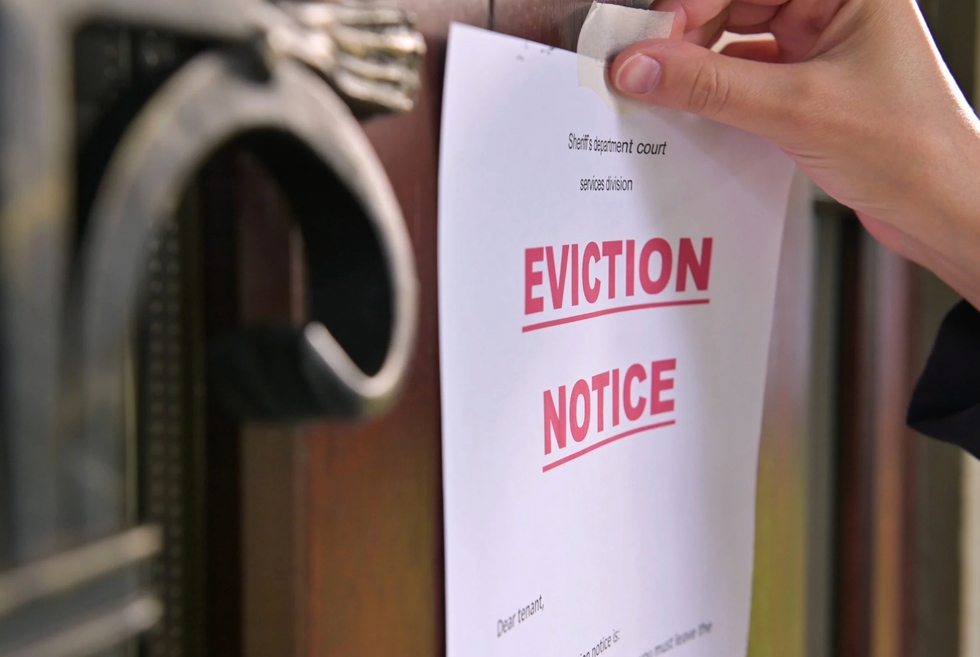 An eviction notice is being attached to a doorCanva
An eviction notice is being attached to a doorCanva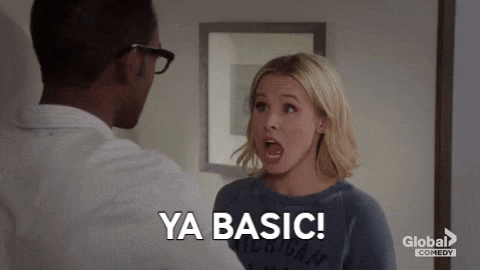 Gif of Kristen Bell saying 'Ya basic!' via
Gif of Kristen Bell saying 'Ya basic!' via 
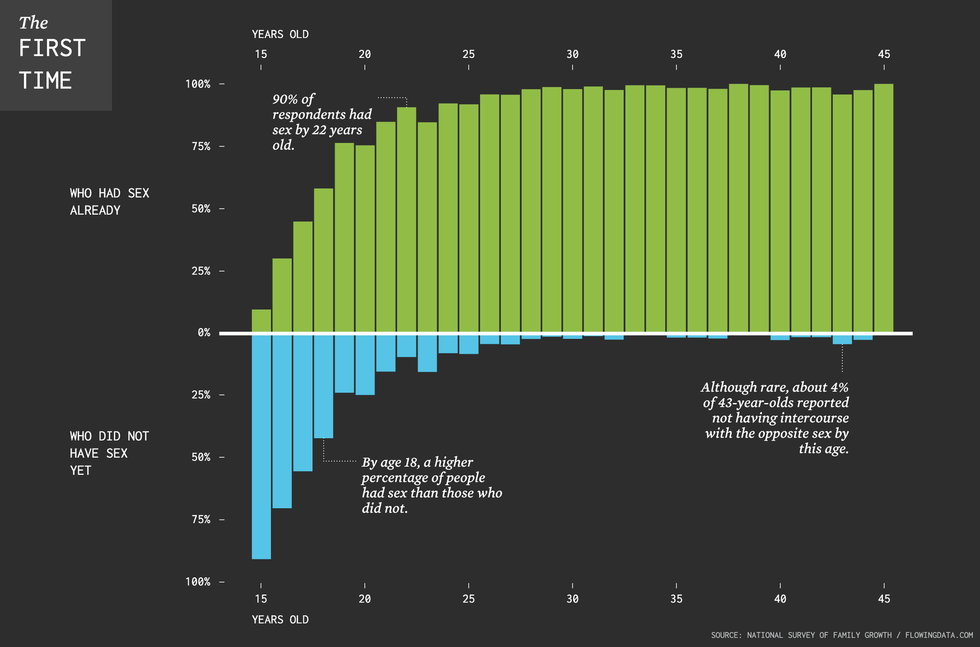 The chart illustrates that between ages 16 and 20, roughly half the population loses their virginity. By age 22, 90% of the population has had sex.
The chart illustrates that between ages 16 and 20, roughly half the population loses their virginity. By age 22, 90% of the population has had sex. A group of young people hold their phonesCanva
A group of young people hold their phonesCanva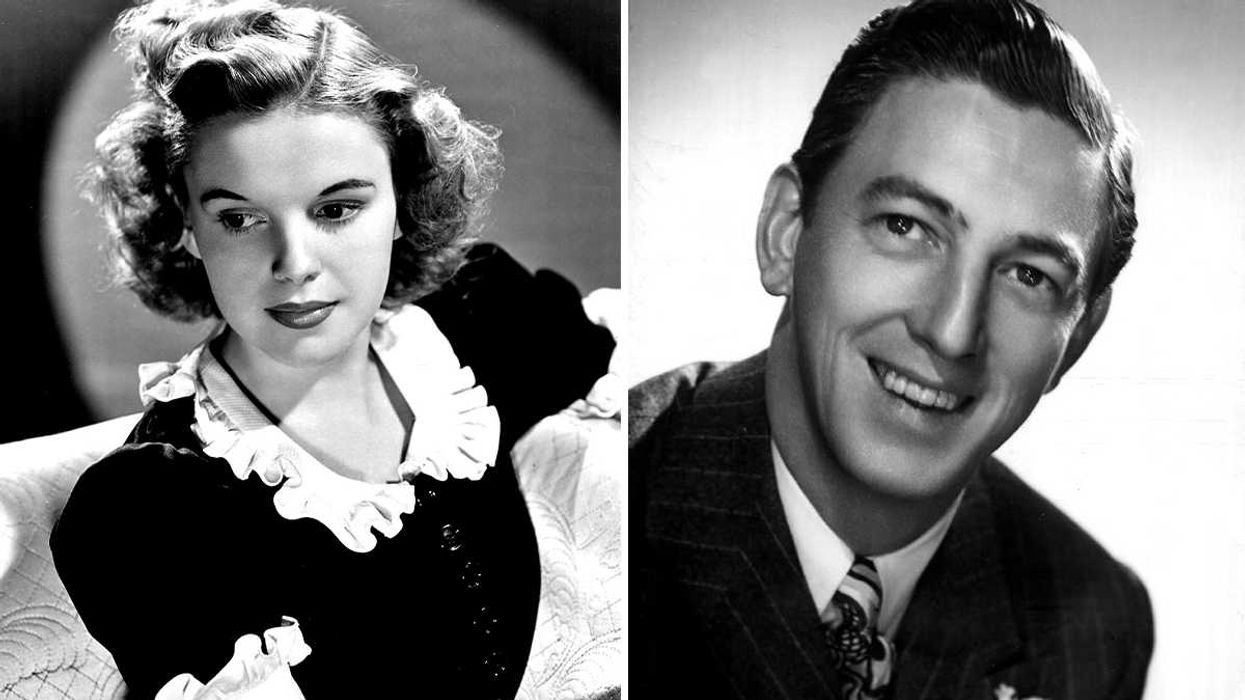
 (LEFT) Judy Garland as Dorothy Gale and (RIGHT) Ray Bolger as Scarecrow from "The Wizard of OZ"CBS/
(LEFT) Judy Garland as Dorothy Gale and (RIGHT) Ray Bolger as Scarecrow from "The Wizard of OZ"CBS/ 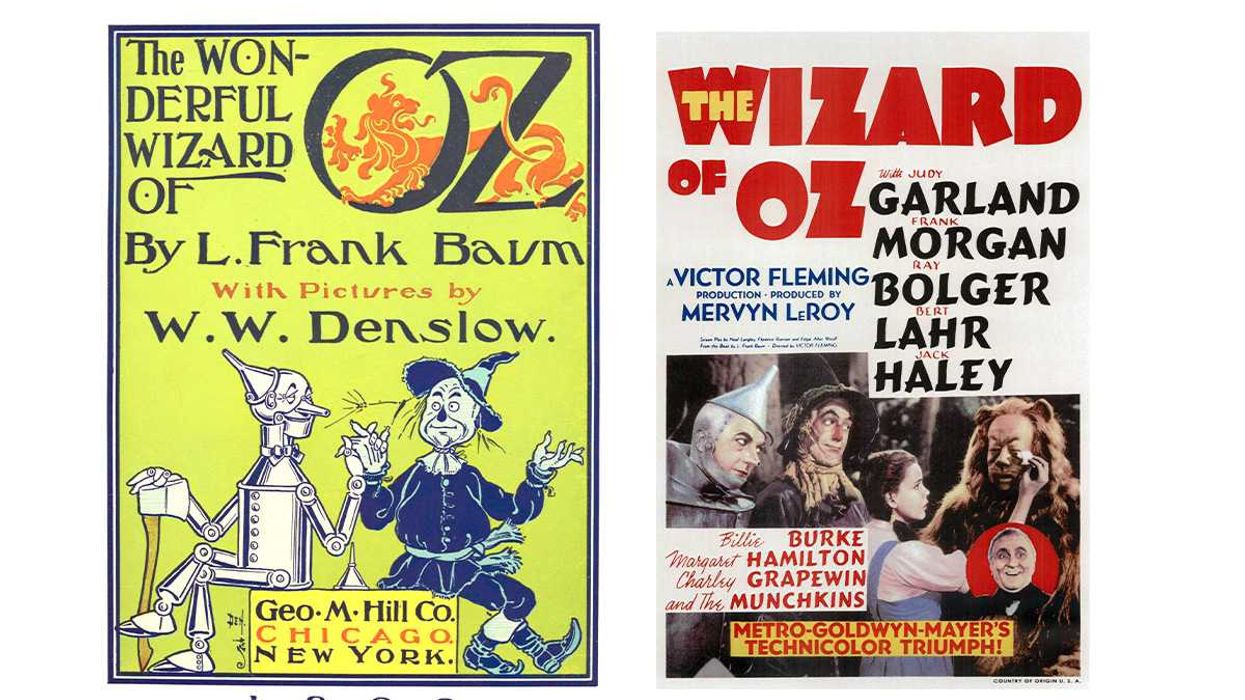 (LEFT) The Wonderful Wizard of Oz children's novel and (RIGHT) The Wizard of Oz movie poster.William Wallace Denslow/
(LEFT) The Wonderful Wizard of Oz children's novel and (RIGHT) The Wizard of Oz movie poster.William Wallace Denslow/ 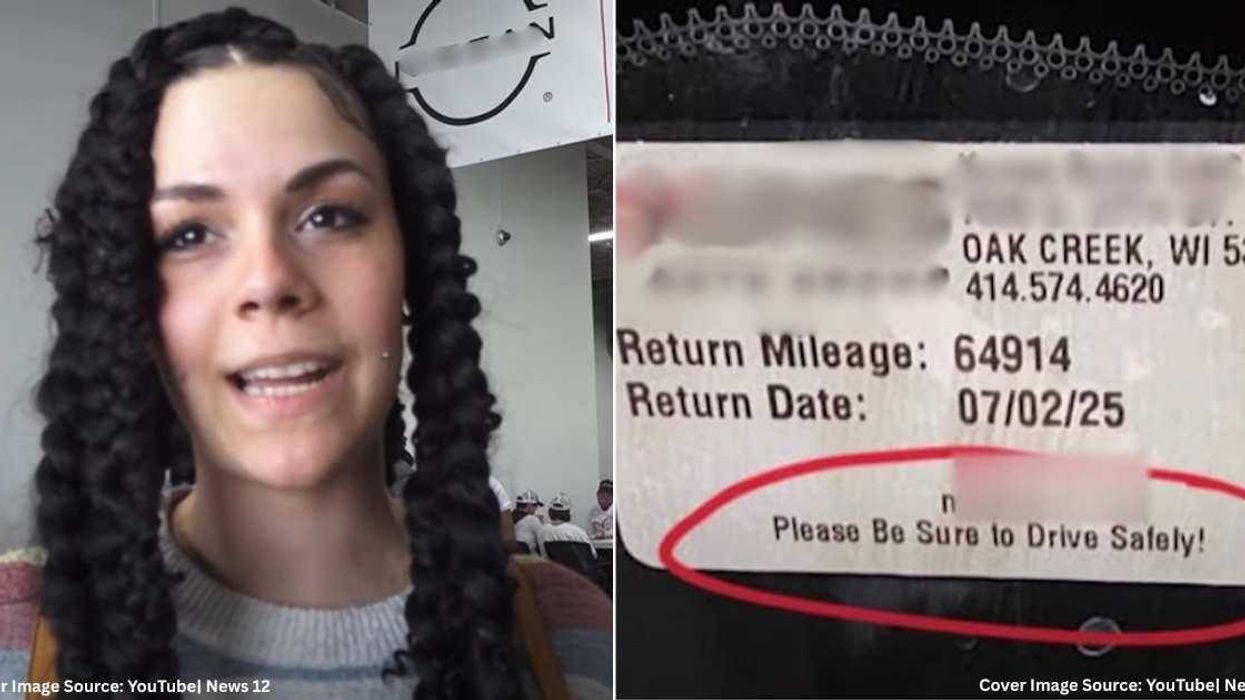
 A frustrated woman at a car dealershipCanva
A frustrated woman at a car dealershipCanva Bee Arthur gif asking "What do you want from me?" via
Bee Arthur gif asking "What do you want from me?" via 
 A couple on a lunch dateCanva
A couple on a lunch dateCanva Gif of Obama saying "Man, that's shady" via
Gif of Obama saying "Man, that's shady" via 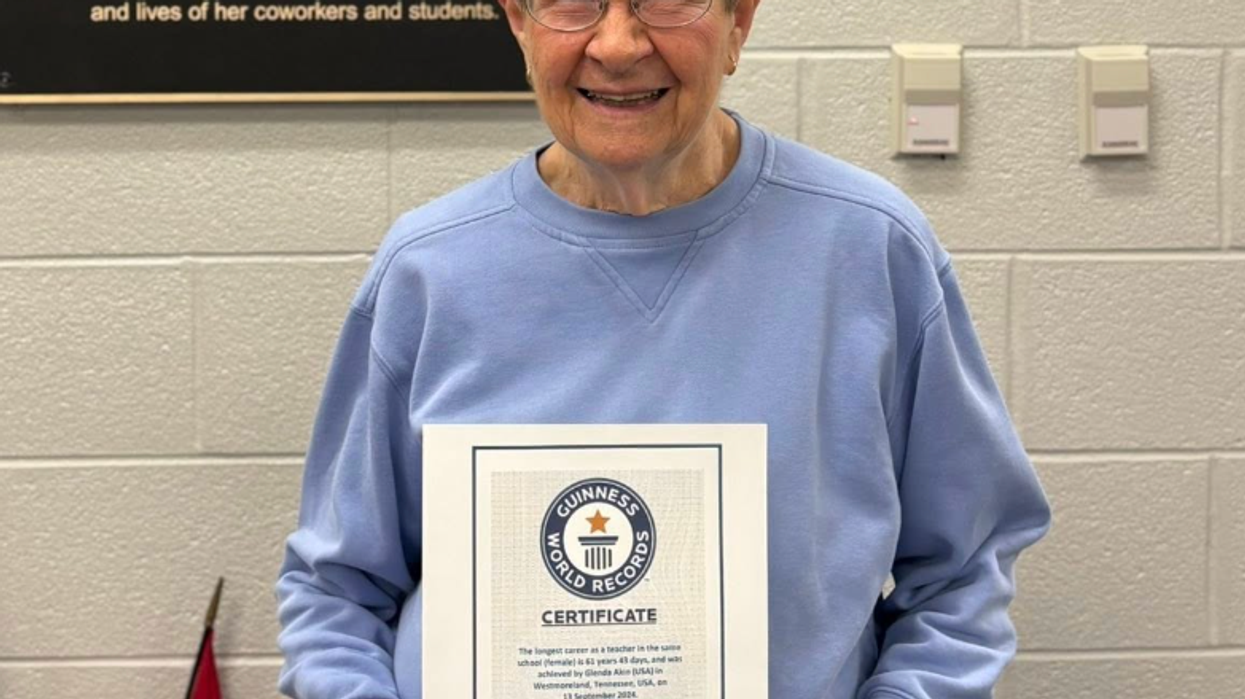
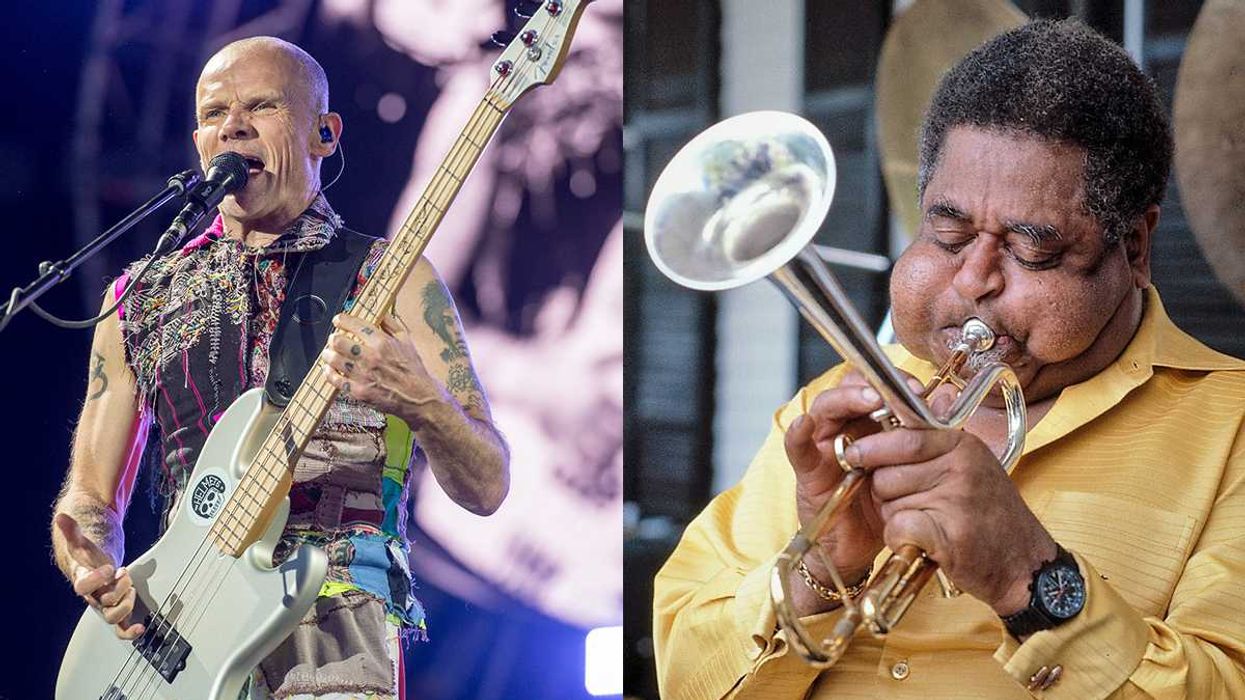
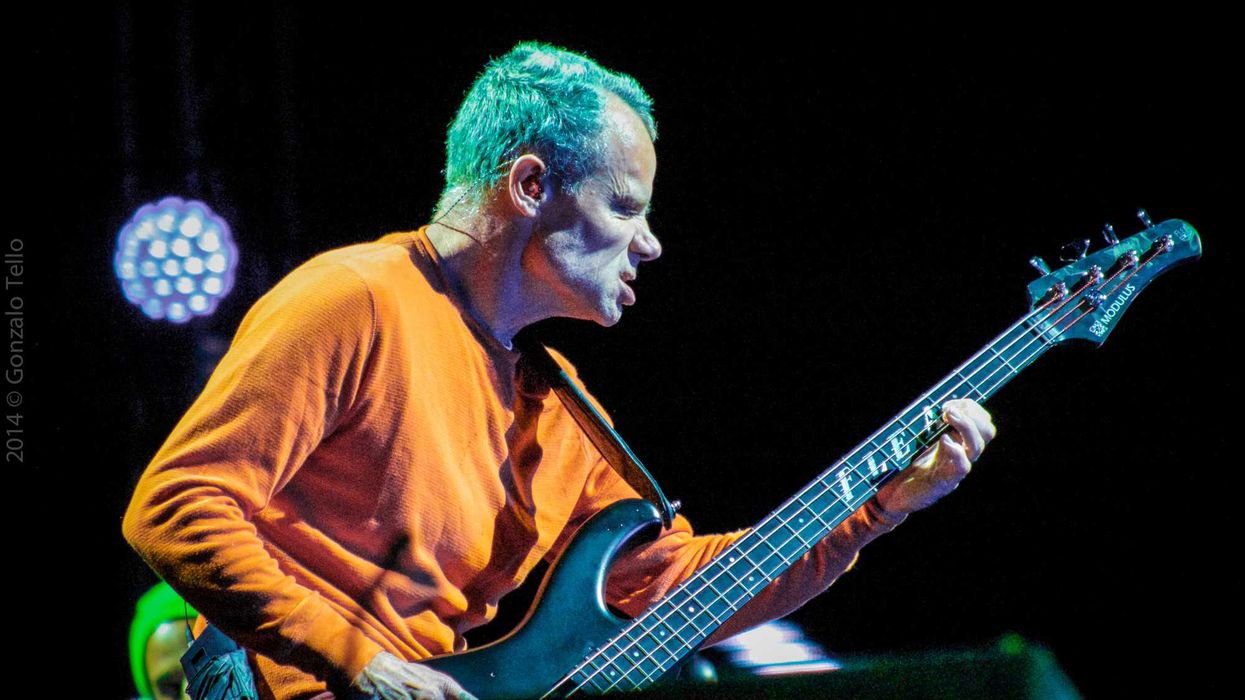 Red Hot Chili Peppers bassist Flea at Lollapalooza Chile in 2014.Cancha General/
Red Hot Chili Peppers bassist Flea at Lollapalooza Chile in 2014.Cancha General/  Red Hot Chili Peppers bassist Flea at Rock in Rio Madrid in 2012.Carlos Delgado/
Red Hot Chili Peppers bassist Flea at Rock in Rio Madrid in 2012.Carlos Delgado/